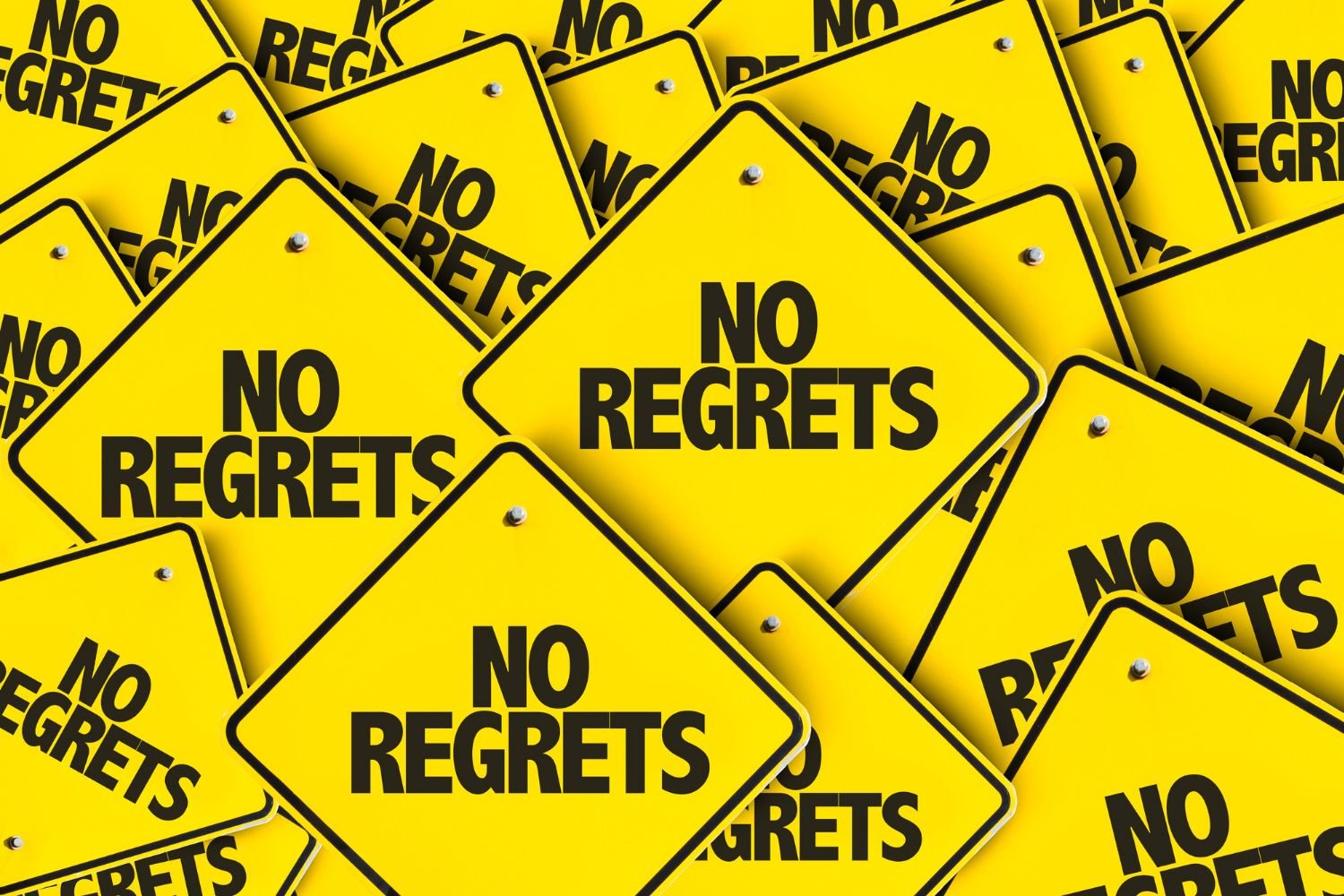What exactly are super-curricular activities, and why should I be bothered?
You’ve all heard of extra-curricular activities; things like sport, games, clubs and community activities that you do outside of your studies. But what about super-curricular activities? Perhaps you’ve heard about these from teachers or advisers, but aren’t really sure what they are all about. If so, read on…
Super-curricular activities, like extra-curriculars, are things that you do outside the classroom, but the difference is that they relate to your studies. They are activities that extend, or stretch your knowledge beyond what you do within the school curriculum.
So, why should you be bothered with them? To me, the reason is pretty simple, and it goes back to last week’s article, where you might remember we had some careers advice from Dave Grohl. If you want success in music, his advice is simple: “just play”.
And so, if you are genuine that you want to learn about biology, economics, marketing, creative writing, physiotherapy or engineering, then why on earth would you decide to restrict your learning entirely to the classroom? Why wouldn’t you find other ways to learn?
Want to learn all about marine biology? Dave’s advice would be simple: “just do it; find ways to learn about marine biology!”.
If you can find some interesting, different ways to learn about your subject, it’ll have at least three spin-off benefits:
You are going to do better in your school or college studies, as your understanding of the subject will be both broader and deeper.
You are going to find out if you really do want to study the subject at university. If you find yourself dreading the idea of looking at super-curricular activities for the subject you are looking to study at university, then maybe you need to think again, and find a different subject. If, on the other hand, you find yourself getting drawn in, and finding yourself truly immersed in a lecture, a book, or a podcast, then maybe you have found the right subject, and this will give you the confidence you need to go for it!
You’ll have loads to write about when you put together your UCAS Personal Statement. By making the effort to stretch your knowledge beyond what you have studied in the classroom, you’ll demonstrate that you have done your research and are motivated to study that subject.
So what, specifically, might you do as a super-curricular activity?
Read
It could be as simple as reading more about your subject; pushing yourself to read more widely around the subject you are considering, whether it’s books, journals, newspaper articles.
You could read more great novels by the authors you’ve been studying at school. You could read more about quantum physics, about philosophy, about political history, or whatever area you are most interested in. You could find relevant journals and newspapers that are related or linked to the course you are studying. Take out a subscription to The Economist, National Geographic, New Scientist or History Today.
Watch and listen
And it’s not just all about reading, you can listen to podcasts, or watch videos such as TED talks.
Many universities will provide excellent resources for those who are looking for more - in particular, the University of Cambridge produces an amazing list of books, websites, podcasts, places and other activities that you can do to explore the subjects (link at the end).
Attend university taster events
Many universities also put on taster days, taster courses and taster lectures. Some will be in person, some online, but all are designed to give you an experience of what it will be like to study that subject at university. A good place to start looking for these is Unitasterdays.
Take online courses
You can find a fantastic resource over at Springpod; a huge array of short video courses from universities that explore different subjects, aimed squarely at prospective students (some of these even come with accreditation).
Visit
You can also just go and visit places to learn more. In an ideal world, you’d visit Stratford-upon-Avon if you are into Shakespeare, you’d go to Bletchley Park if you are into computing, and The V&A in South Kensington if you are into art and design.
That may not be possible for everyone, but most of you will have access to local galleries, museums, places of history and libraries. So search them out and consider it all to be part of your learning.
And just do it
And like Dave said, super-curricular can also be about just doing. In every corner of the world, you’ll find maths, coding, poetry or essay competitions. You’ll find orchestras and bands in every town. If you are a creative type, you can just draw, paint, photograph. But do it for your own interest, not just for the assignments you are set. And note that while for an applicant to Engineering, playing in an orchestra is extra-curricular, for an applicant to Music, it's definitely super-curricular.
But wait…
Let’s pause for a moment.
What if you are reading this and are thinking: ‘Uh oh! I haven’t really done any super-curricular activities, and if I’m honest, I’m not sure I am really interested in them’. What might that mean for you?
There are a couple of possibilities.
Maybe it’s simply a sign that you are happy with what you are learning at school, and you are content to continue your education and learn what you are told to learn. Honestly, this will be fine for some of you, and provided you are diligent, it can be enough to get you into many universities.
However, be aware that school studies alone will get you only so far, and won’t get you into the most competitive courses. The really competitive universities are looking for far more motivation and intellectual curiosity than school work alone can demonstrate!
Both Oxford and Cambridge universities particularly stress the importance of super-curriculars, but so do a whole host of other highly competitive universities. They want to see students who are exploring the subject further, just because they want to; because they are interested and curious to learn more.
If you have the aspiration to go to a really competitive university, now is the time to act on your curiosity and start to learn outside school too.
There is another possibility: perhaps it’s a sign that you aren’t actually as motivated and interested in the subject as you think. Or worse still, maybe you are about to apply for a subject at university that you are not really interested in at all.
Every year huge numbers of students go off to study subjects that they aren’t really interested in, often simply because they think it’s what is expected of them. This is a mistake, and rarely ends well.
If you think this might be you, then please have a conversation with your parents, teachers, university advisors and others who care about your choices. They can help you understand whether you are doing just fine with your choices, or whether you need a re-think.
What next?
Check out these great places to find super-curricular activities.






